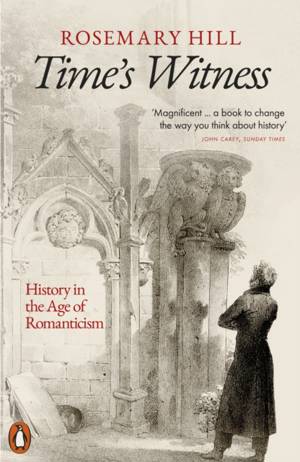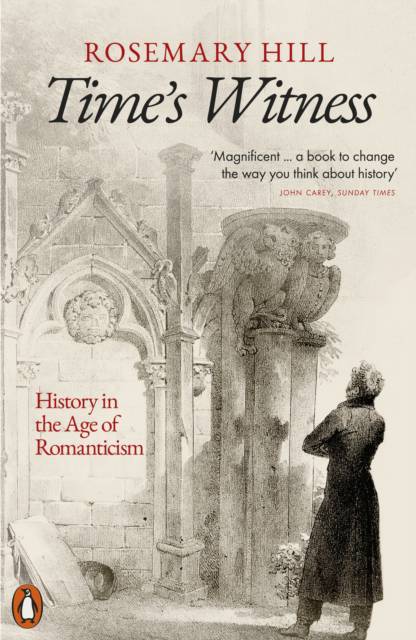
- Retrait gratuit dans votre magasin Club
- 7.000.000 titres dans notre catalogue
- Payer en toute sécurité
- Toujours un magasin près de chez vous
- Retrait gratuit dans votre magasin Club
- 7.000.0000 titres dans notre catalogue
- Payer en toute sécurité
- Toujours un magasin près de chez vous
Description
From the Wolfson Prize-winning author of God's Architect: Pugin and the Building of Romantic Britain
Between the fall of the Bastille in 1789 and the opening of the Great Exhibition in 1851, history changed. The grand narratives of the Enlightenment, concerned with kings and statesmen, gave way to a new interest in the lives of ordinary people. Oral history, costume history, the history of food and furniture, of Gothic architecture, theatre and much else were explored as never before. Antiquarianism, the study of the material remains of the past, was not new, but now hundreds of men - and some women - became antiquaries and set about rediscovering their national history, in Britain, France and Germany.
Spécifications
Parties prenantes
- Auteur(s) :
- Editeur:
Contenu
- Nombre de pages :
- 416
- Langue:
- Anglais
Caractéristiques
- EAN:
- 9780141047096
- Date de parution :
- 25-04-23
- Format:
- Livre broché
- Format numérique:
- Trade paperback (VS)
- Dimensions :
- 129 mm x 198 mm
- Poids :
- 367 g

Les avis
Nous publions uniquement les avis qui respectent les conditions requises. Consultez nos conditions pour les avis.






